SUMMARY
This is AI generated summarization, which may have errors. For context, always refer to the full article.
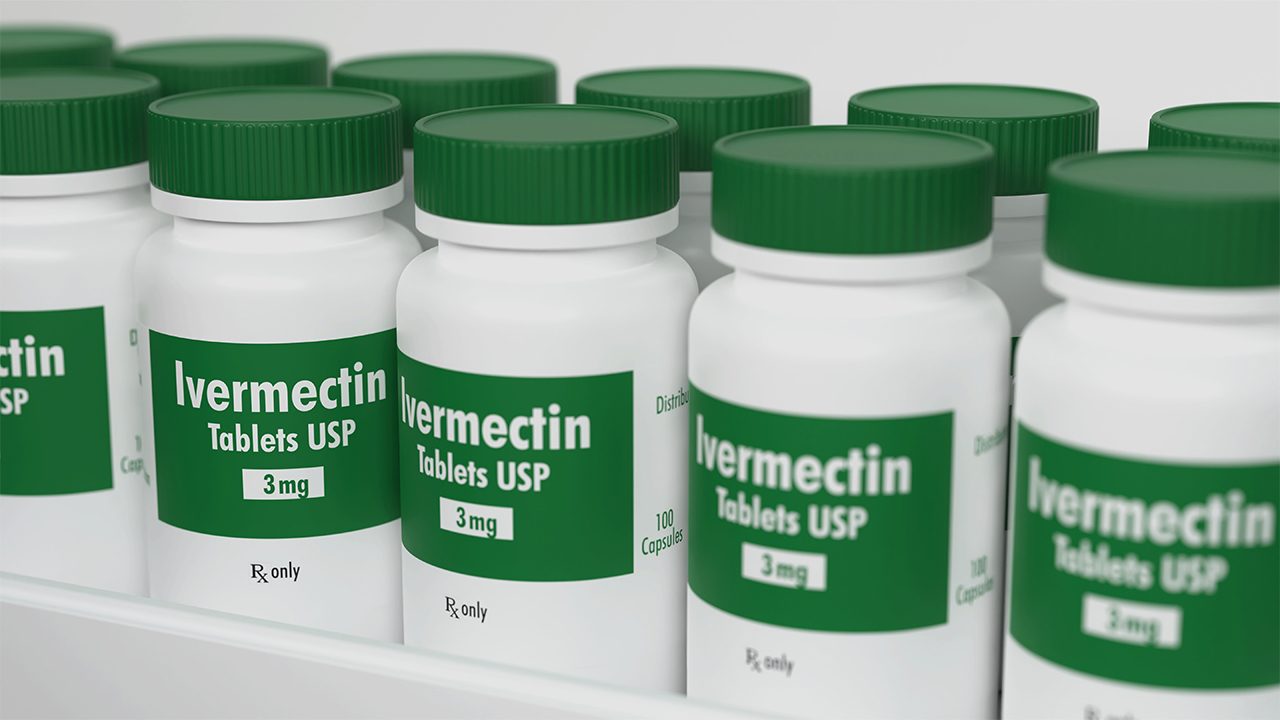
The Philippines’ Food and Drug Administration (FDA) told lawmakers on Thursday, April 22, that there is a need for a law that would allow the agency to quickly approve the use of experimental drugs during a public health emergency.
FDA Director General Eric Domingo said this during the House committee on good government hearing on alleged red tape in the process of the FDA and the Department of Health (DOH) on experimental drugs.
“We’re exploring possibilities. It’s true that the Philippines doesn’t have a law during emergencies. What we have is the RA 9711, which only covers the regular everyday activities and not the emergency ones,” Domingo said in a mix of English and Filipino.
Republic Act No. 9711 is the Food and Drug Administration Act of 2009.
The FDA chief made the statement after House Deputy Speaker Bernadette Herrera-Dy asked why the health regulatory body could not widen the scope of emergency use of drugs in the country.
Herrera-Dy – one of the lawmakers actively pushing for anti-parasitic drug ivermectin to be legally available in the country – asked that if the FDA sees hope in some experimental drugs against COVID-19, why can’t the agency make these drugs widely available?
“We’re not anti-ivermectin, just to be clear. Ang FDA ay anti lang kami sa mga unregulated, unregistered drugs. Ayaw lang namin sa mga unregistered, ayaw lang namin sa mga veterinary products na baka ipasa sa tao. ‘Yun lang po ang ayaw namin,” Domingo said.
(The FDA only opposes unregulated, unregistered drugs. We don’t want the unregistered drugs, the veterinary products, that may be passed on to humans. That’s what we oppose.)
He added that if a drug has the basic requirements for safety and efficacy and quality, the FDA could help in the registration process.
Only EUA through executive order
During the hearing, Domingo explained that the Philippines so far could only grant emergency use for medicines through an executive order of President Rodrigo Duterte, but Executive Order No. 121 only allows emergency use authorization (EUAs) for vaccines against COVID-19, not experimental drugs.
“Kasi ‘yung sa EUA natin, executive order lang. ‘Yung sa US talagang batas. Kaya kailangan po natin talaga ng batas later on para ma-institutionalize na talaga every time na magkaka-mayroon ng epidemic or emergency, mayroon tayong batas,” he said.
(Our EUA is only through executive order. In the US, it’s by law. That’s why we need a law later on to institutionalize it whenever we have an epidemic or emergency.)
An EUA allows “unapproved health products to be used during a public health emergency or threat, to diagnose, treat, or prevent serious or life-threatening diseases or conditions when there are no adequate, approved, and available alternative health products.”
While an EUA allows vaccines and medicines to be used by the public, it is not equivalent to a certificate of product registration or authorization to market the product – which means that the public cannot just access the drugs.
New bills pending in Congress
There are bills filed at the House of Representatives and the Senate seeking to expand the FDA’s authority to issue EUA under new circumstances, particularly under new emergency situations.
Senate Bill No. 2024 was filed on January 26, 2021, while House Bill No. 8666 was filed on February 10, 2021. Both are pending at the committee level.
The bills also redefine the meaning of a public health emergency as “an occurrence or immiment threat of an illness or health condition” that:
A. Is caused by:
- Bioterrorism
- Appearance of a novel or previously controlled or eradicated infectious agent or biological toxin
- A natural disaster
- A chemical attack or accidental release
- A nuclear accident
- An attack or accidental release of radioactive materials
B. Poses a high probability of
- A large number o deaths in the affected population
- A large number of serious injuries or long-term disabilities in the affected population
- Widespread exposure to an infectious or toxic agent that poses a significant risk of substantial harm to a large number of people in the affected population
- International exposure to an infectious or toxic agent that poses a significant risk to the health of citizens of other countries
- Trade and travel restrictions
Congress is on recess until May, but can hold a special session on bills that are certified urgent by President Rodrigo Duterte. Duterte earlier ordered the Department of Science and Technology (DOST) to conduct clinical trials on ivermectin for possible use in COVID-19 treatment. – Rappler.com
Add a comment
How does this make you feel?
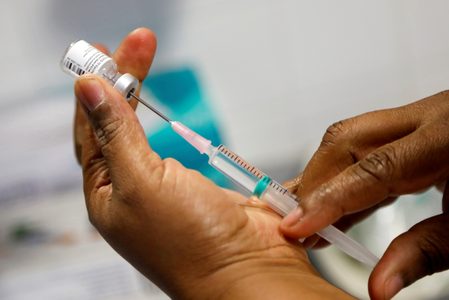


![[Time Trowel] Evolution and the sneakiness of COVID](https://www.rappler.com/tachyon/2024/02/tl-evolution-covid.jpg?resize=257%2C257&crop=455px%2C0px%2C1080px%2C1080px)





![[OPINION] The First Mode conundrum](https://www.rappler.com/tachyon/2024/03/tl-first-mode-conundrum-03232024.jpg?resize=257%2C257&crop=283px%2C0px%2C720px%2C720px)

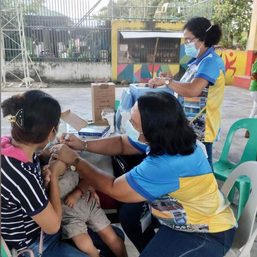
![[Free to Disagree] Sabwatan ng mga doktor at drug companies](https://www.rappler.com/tachyon/2024/04/tl-sabwatan-doktor-drug-companies-April-22-2024.jpg?resize=257%2C257&crop=292px%2C0px%2C720px%2C720px)
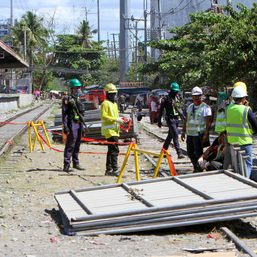

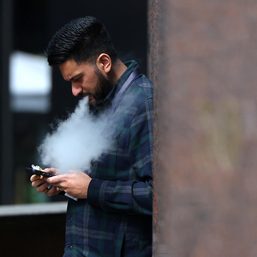
There are no comments yet. Add your comment to start the conversation.